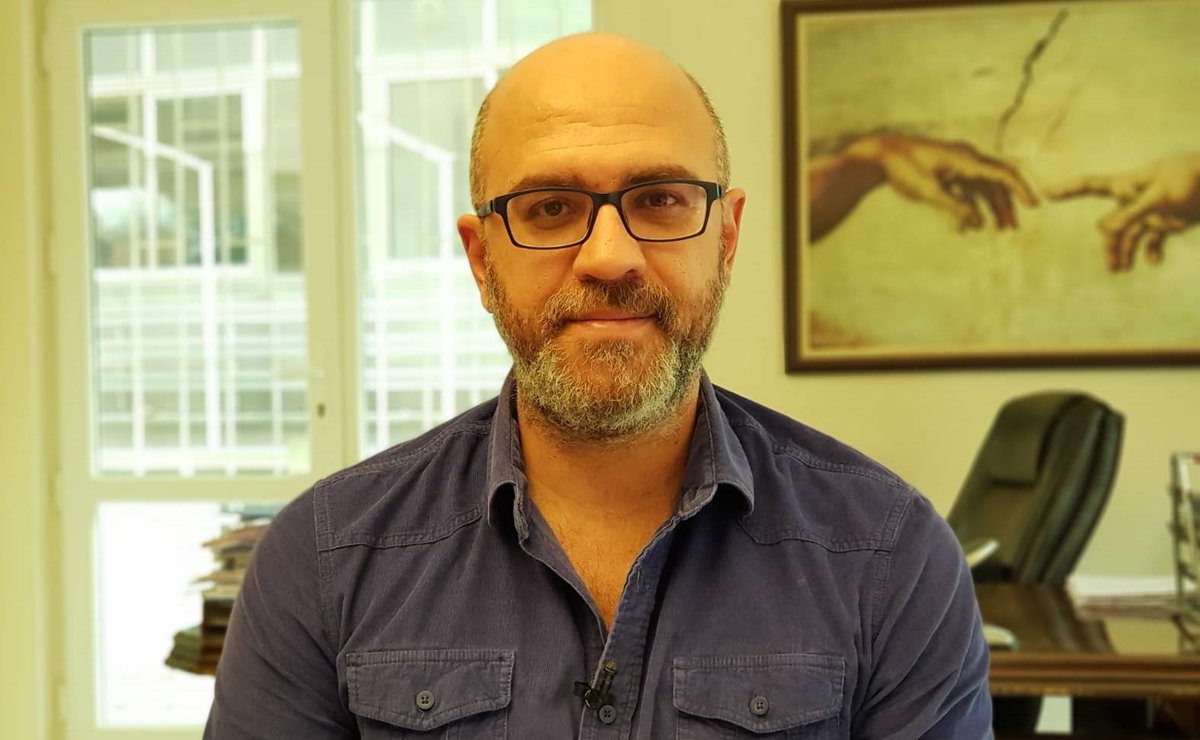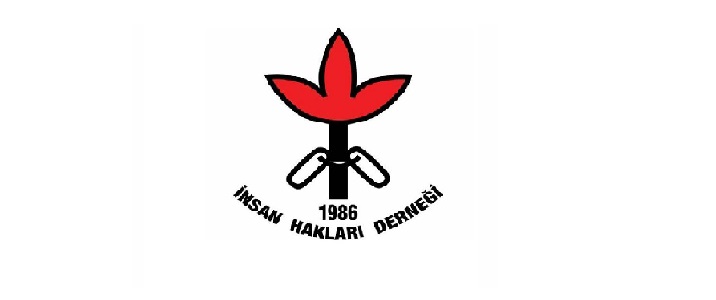KJA Peoples and Faith Commission published reports on graveyards destroyed by security forces in Turkey between Sept 11 and Oct 23, 2015.
Read in PDF Since the months leading up to the 2015 General Elections, the Turkish state has followed a strategy of war that continues unabated today. During these several months, the Turkish state has committed war crimes in complete disregard for human rights laws and the Islamic juristic tradition. The KJA (Kongreya Jinên Azad – Free Women’s Congress) Peoples and Faith Commission is concerned that, apart from the crimes and unlawful treatment meted out to living human beings and nature, systematic aggression towards bodies of the deceased is on the rise.
Between September 11 and October 23, 2015, in the Kurdish cities of Ağrı, Muş/Varto, Van/Çatak, Bitlis/Garzan, Mardin/Nusaybin, Hakkari/Cudi , Kars, Dersim, Diyarbakır/Lice, Siirt and Diyarbakır/Dicle, the security forces have bombarded and destroyed eleven graveyards, home to PKK members who lost their lives at various points in the protracted war in Kurdistan. Mosques and Alevi cem houses attached to the cemeteries have been destroyed as well on the pretext that they served as meeting places or storage sites of arsenal for the PKK.
Current judicial systems withhold the punishment category with respect to the deceased. In Islam, once a person dies, God alone can reward or punish them. From religious as well as human-rights perspective, torture inflicted on the body of the deceased is absolutely unacceptable. Local people who have participated in the construction of these graveyards for the guerrillas intimately relate to them; it is a sacrosanct part of their collective memory and spiritual world. By unleashing destruction on the bodies of the deceased and the graveyards, the security forces grossly violate and flout the religious feelings and spiritual values of the people of Kurdistan, and inflict difficult-to-heal wounds on their body politic.
Though hampered by the AKP, we continue to see establishment of Truth and Reconciliation Commissions as a crucial step in democratic and peaceful resolution of the Kurdish question. Yet healthy functioning of these commissions is critically dependent on preservation of these graves.
We are witnessing shameful times when dead bodies of men and women are bared, tortured, insulted in outrageous words and gestures, dragged on the streets and in public squares by military vehicles, and their video recordings shared over social media. The torment continues in the hospital where a tortured corpse is brought. Autopsies are performed with bias, and the family and friends of the deceased are subjected to verbal and physical violence.
Although the European Court of Human Rights has convicted Turkey of similar crimes in the past, the Turkish state persists in torture and baring of the deceased without regard to the legal repercussions of such inhuman practices. Within legal frameworks such offences are considered “disrespect towards the deceased; humiliation of the public and incitement of virulence and enmity; and insult on the memory of the deceased”. In Islamic jurisprudence, on the other hand, these offences are named as “müsle” and are strictly forbidden and condemned; the corpse and funeral ceremony of even the worst enemy is considered sacred and inviolable. Articles 77 and 94 of the Turkish Criminal Law explicitly define these cases as “crime against humanity and torture”. Under the title “Insult on the memory of the deceased”, article 130 regards the deceased no longer a “person” and affords them legal protection and immunity. The article punishes the “insult on memory” as well as the “damaging and/or seizure of the corpse or his/her bones” . Furthermore, states that show respect to their deceased afford them legal protection under “crimes against freedom of religion” as well.
Military intervention targeting funeral ceremonies on the pretext of hindering PKK propaganda, and destruction of graveyards and surrounding places of worship are incessantly perpetrated despite all objections based on laws governing warfare as well as religious edicts. Despite having knowledge that our people pour into mosques, cem houses and graveyards on certain religious holidays, the security forces have continued their attacks while people observed the Feast of Sacrifice and Ashura.
Mothers, fathers and siblings were prevented in hundreds from performing religious services at the graves of their beloveds. In the regions under attack, Turkish security forces have drawn graffiti scoffing the sacred and traditional values of local people. The fascist maxim “Ölünüzü dirinizi, her gün birinizi, bir gün hepinizi (Dead or alive, each day one of you, one day all of you)” is being realised today.
Alevi pirs, dervishes and the society at large in Dersim have had to deal with bombardment and destruction of their cem house and graveyard that also housed the bones of the people who lost their lives in the 1938 Dersim Massacre. This is only a continuation of the centuries-long denial and erasure of the Alevi society in the region, consistent with the logic of the Dersim Massacre.
The amount of state violence perpetrated on graves of the people considered as the enemy reflectsthe Turkish Government’s disregard and neglect of extreme proportions. Attacks on graves are regarded as “crime against humanity” in international human-rights documents and faith traditions –Muslim, Christian, Alevi, Yezidi and Jewish – alike. Neither the allegedly independent and impartial judiciary of Turkey nor Diyanet (Administration of Religious Affairs) have responded to these crimes against religion, faith and humanity. Destruction of places that constitute shared human heritage is an assault, not only on the people of Kurdistan, but the entire humanity.
KJA reiterates the people’s insistence on being human and their resolve to stay human. We call upon the AKP Government to immediately suspend their politics of violence that targets our spiritual and cultural assets and values. The crimes against humanity outlined above have no place in the world of law, ethics, conscience or any faith tradition. We remind the government of our maxim, “A human becomes human with his/her fundamental rights and freedoms”, and we invite all democratic circles and parties to walk in solidarity with us in order to protect our human values together. Read all in PDF


